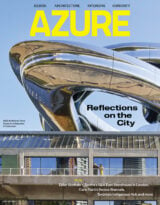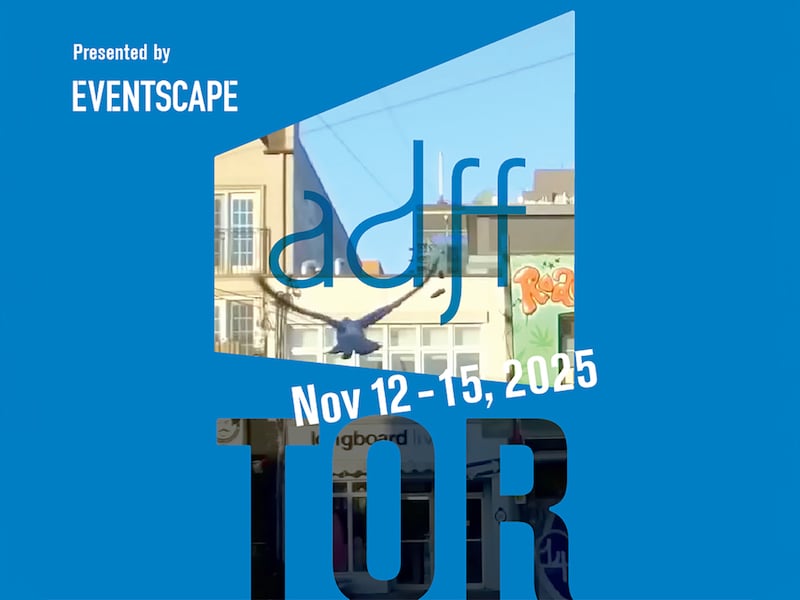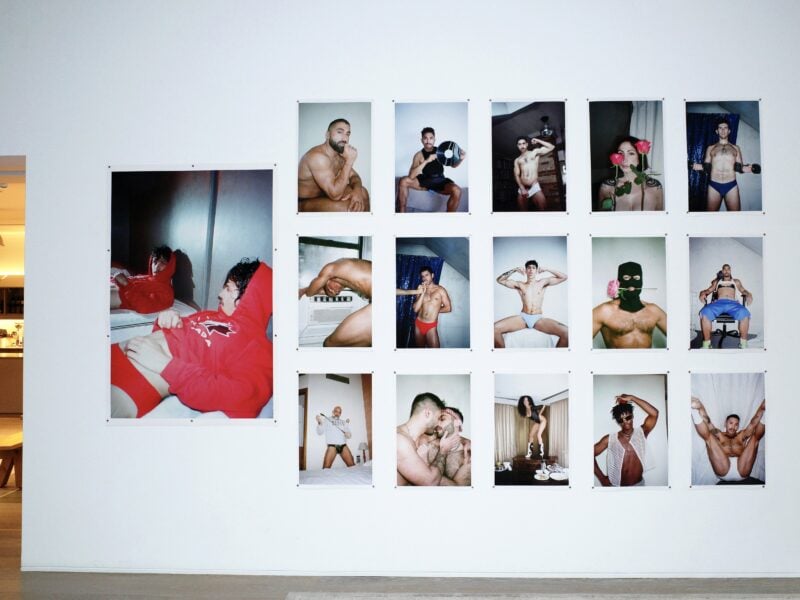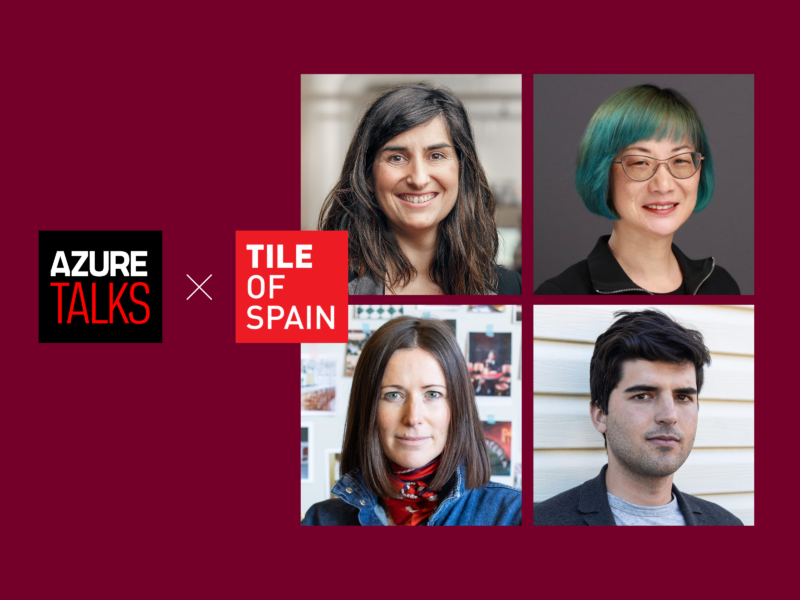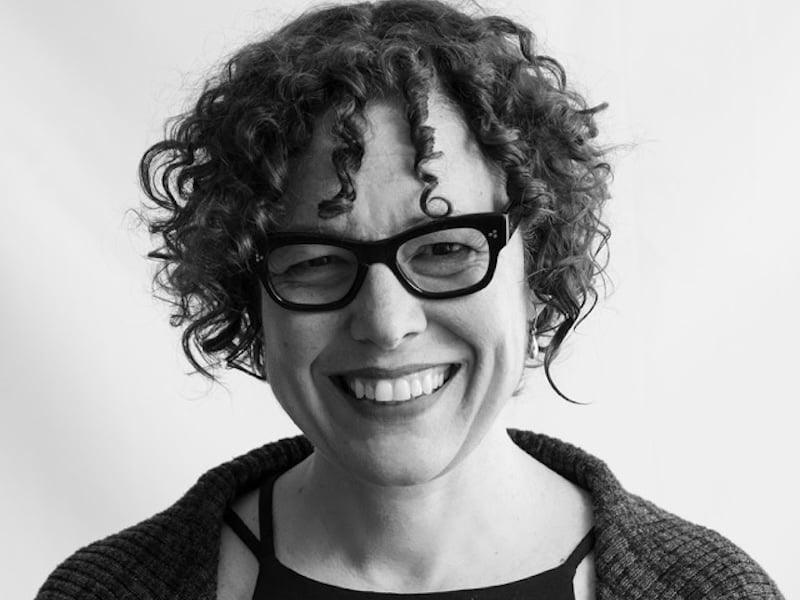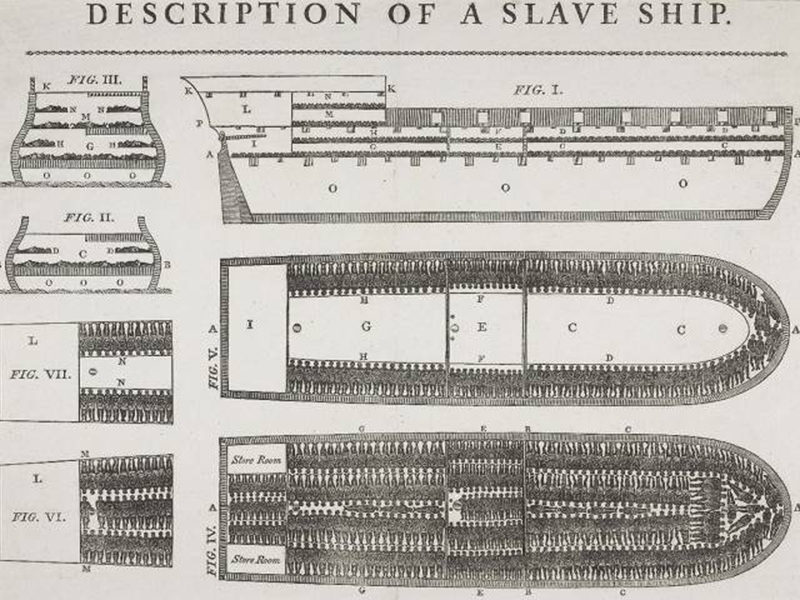
Four hundred and odd years after colonialism and racial capitalism brought “twenty and odd” enslaved people from Africa to the dispossessed indigenous land that would later become the United States, the structures and systems that generate inequality and white supremacy persist. Our cities and their socioeconomic and built environments continue to exemplify difference. From housing and health to mobility and monuments, cities small and large, urban and rural, north and south demonstrate intractable disparities.
The disparate impacts made apparent by the COVID-19 pandemic and the reinvigorated and global Black Lives Matter movement demanding change are remarkable. Change is another essential indicator of difference in urban environments, such as disinvestment, disaster, or gentrification. Cities must navigate how considerations like climate change and growing income inequality intersect with politics, culture, gender equality and identity, immigration, migration, and technology, among other conditions and forms of disruption. In this talk, Justin Garrett Moore highlights the challenge of addressing how cities and their socioeconomic and built environments continue to exacerbate inequality and prolong systems of white supremacy.
